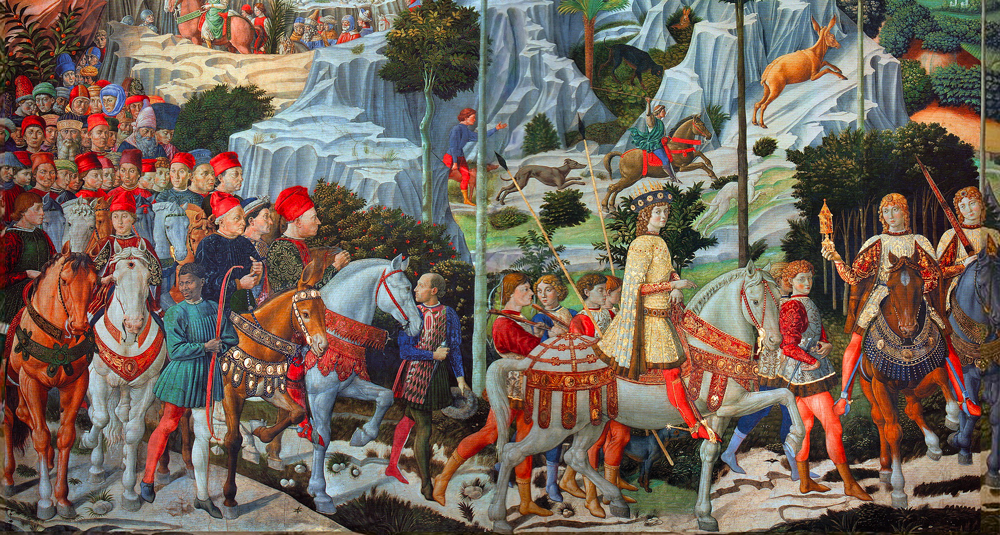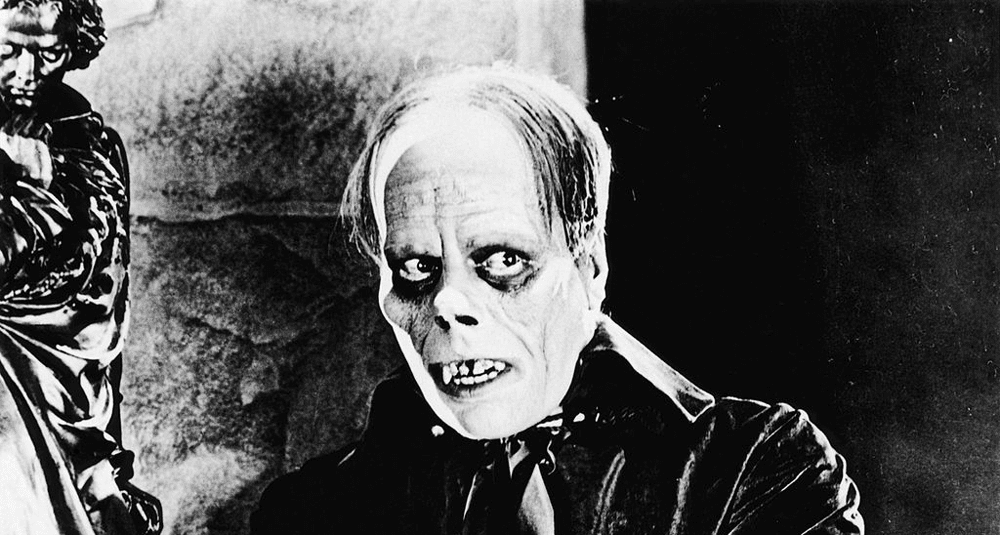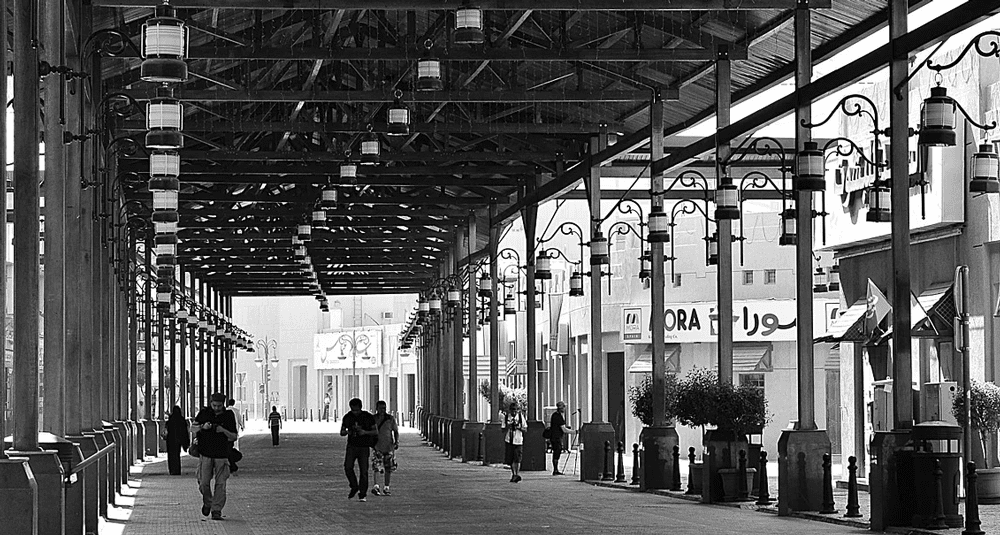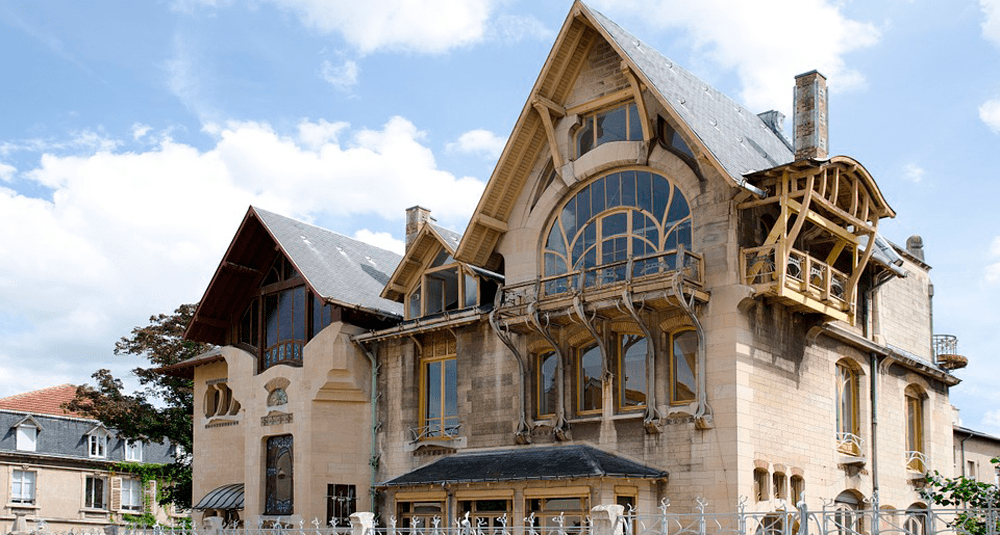Quiz General culture
Last Updated:
Welcome to our general knowledge quiz site! We’re delighted to offer you a fun and interactive way to broaden your cultural knowledge and test yourself on a wide range of topics.
General knowledge quizzes are a great way to test and improve your knowledge in different fields such as art, entertainment, geography, history, literature, nature, science and sports. They are often used to improve your academic standing, pass competitions and academic tests. You can choose the subjects that interest you most, or take on more difficult challenges to discover new cultural references.
By playing our general knowledge quizzes, you’ll have the opportunity to learn in a fun way, thanks to our well-thought-out questions. You can also practice and deepen your knowledge with the detailed index of answers.
Test your knowledge now and find out how much you really know!
General knowledge is the sum total of a person’s varied knowledge of a wide range of subjects. It encompasses fields such as history, geography, literature, science, the arts and many others. A good general knowledge enables you to understand the world better, to take part in enriching conversations and to stand out in academic and professional contexts.
General knowledge quizzes are a fun and effective learning tool. By answering questions on a variety of subjects, you can reinforce your knowledge and stimulate your memory. What’s more, the variety of questions allows you to explore areas with which you may not yet be familiar. Our quizzes are designed to be accessible and rewarding, offering both interesting information and an intellectual challenge.
Our easy general knowledge quizzes are perfect for beginners or those who want to test their basic knowledge. These quizzes cover common topics and essential facts, allowing you to familiarize yourself with different areas without feeling overwhelmed.
arts
/ 10

In which Florentine palace can we see the procession of the Magi of Benozzo Gozzoli?
1Palazzo Medici-Riccardi
2Palazzo Rucellai

🙌 Good answer
The Chapel of the Magi refers to a group of frescoes located at the piano nobile on the second floor of the Palazzo Medici-Riccardi in Florence. The cycle of frescoes representing the procession of the Magi is the masterpiece of the Florentine Benozzo Gozzoli.
Next question

😞 Wrong answer
The Chapel of the Magi refers to a group of frescoes located at the piano nobile on the second floor of the Palazzo Medici-Riccardi in Florence. The cycle of frescoes representing the procession of the Magi is the masterpiece of the Florentine Benozzo Gozzoli.
Next question
literature
/ 10

Which philosophical doctrine is represented by Leibniz?
2Rationalism
1Empiricism

🙌 Good answer
Gottfried Wilhelm Leibniz was a German philosopher and scientist. Along with René Descartes and Baruch Spinoza, he is one of the leading exponents of rationalism.
Next question

😞 Wrong answer
Gottfried Wilhelm Leibniz was a German philosopher and scientist. Along with René Descartes and Baruch Spinoza, he is one of the leading exponents of rationalism.
Next question
geography
/ 10

What is the capital of Chad?
2N'Djamena
1Moundou

🙌 Good answer
N'Djamena is the administrative capital and largest city of the Republic of Chad. It is the second economic capital of the country (after the city of Moundou).
Next question

😞 Wrong answer
N'Djamena is the administrative capital and largest city of the Republic of Chad. It is the second economic capital of the country (after the city of Moundou).
Next question
music
/ 10

Which label was founded by Frank Sinatra and Dean Martin in 1960?
2Reprise Records
1Rat Pack

🙌 Good answer
Reprise Records is an American record company owned by Warner Music Group founded in 1960 by Frank Sinatra and Dean Martin.
Next question

😞 Wrong answer
Reprise Records is an American record company owned by Warner Music Group founded in 1960 by Frank Sinatra and Dean Martin.
Next question
entertainment
/ 10

Who was the director of the film The Phantom of the Opera released in 1925?
2Rupert Julian
1Joel Schumacher

🙌 Good answer
The Phantom of the Opera is an American film of June 1925, directed by Rupert Julian after the eponymous novel by Gaston Leroux.
Next question

😞 Wrong answer
The Phantom of the Opera is an American film of June 1925, directed by Rupert Julian after the eponymous novel by Gaston Leroux.
Next question
geography
/ 10

What is the capital of Kuwait?
1Kuwait City
2Salmiya

🙌 Good answer
The capital of Kuwait is Kuwait City. Located on the coast of the Persian Gulf, it is the largest city in Kuwait and the economic and cultural center of the country.
Next question

😞 Wrong answer
The capital of Kuwait is Kuwait City. Located on the coast of the Persian Gulf, it is the largest city in Kuwait and the economic and cultural center of the country.
Next question
nature
/ 10

Are cycas conifers?
2No
1Yes

🙌 Good answer
No, cycas are not conifers, but primitive gymnosperms. They look like palms, but belong to a different botanical class.
Next question

😞 Wrong answer
No, cycas are not conifers, but primitive gymnosperms. They look like palms, but belong to a different botanical class.
Next question
geography
/ 10

What is the capital of Tuvalu?
2Funafuti
1Apia

🙌 Good answer
Funafuti is an atoll in Tuvalu, an archipelagic state in Oceania. It is the capital of this country and is home to its largest city, Vaiaku, where the government and institutions are located.
Next question

😞 Wrong answer
Funafuti is an atoll in Tuvalu, an archipelagic state in Oceania. It is the capital of this country and is home to its largest city, Vaiaku, where the government and institutions are located.
Next question
arts
/ 10

Which school did Louis Majorelle found in 1901?
1The Nancy School
2The Paris School

🙌 Good answer
Initiated into Art Nouveau by Émile Gallé in 1894, Majorelle became one of the founding members of the École de Nancy in February 1901.
Next question

😞 Wrong answer
Initiated into Art Nouveau by Émile Gallé in 1894, Majorelle became one of the founding members of the École de Nancy in February 1901.
Next question
music
/ 10

Which Celine Dion single is a worldwide hit in James Cameron's film Titanic?
2My Heart Will Go On
1All By Myself

🙌 Good answer
My Heart Will Go On, sung by Céline Dion, is the theme song for James Cameron's film Titanic. It became a worldwide hit in 1997.
Next question

😞 Wrong answer
My Heart Will Go On, sung by Céline Dion, is the theme song for James Cameron's film Titanic. It became a worldwide hit in 1997.
Next question




